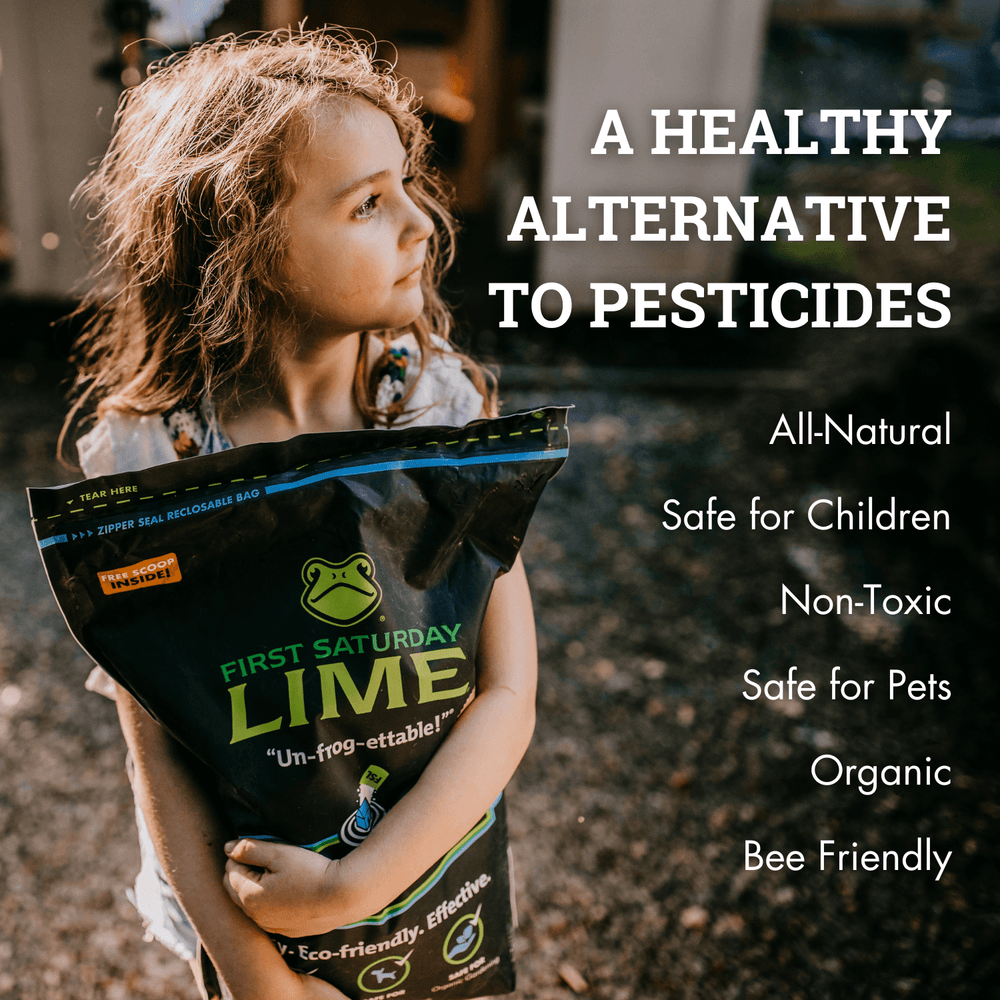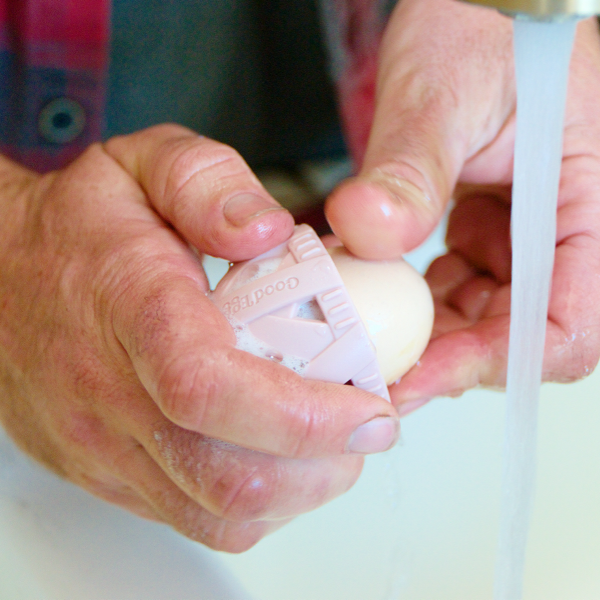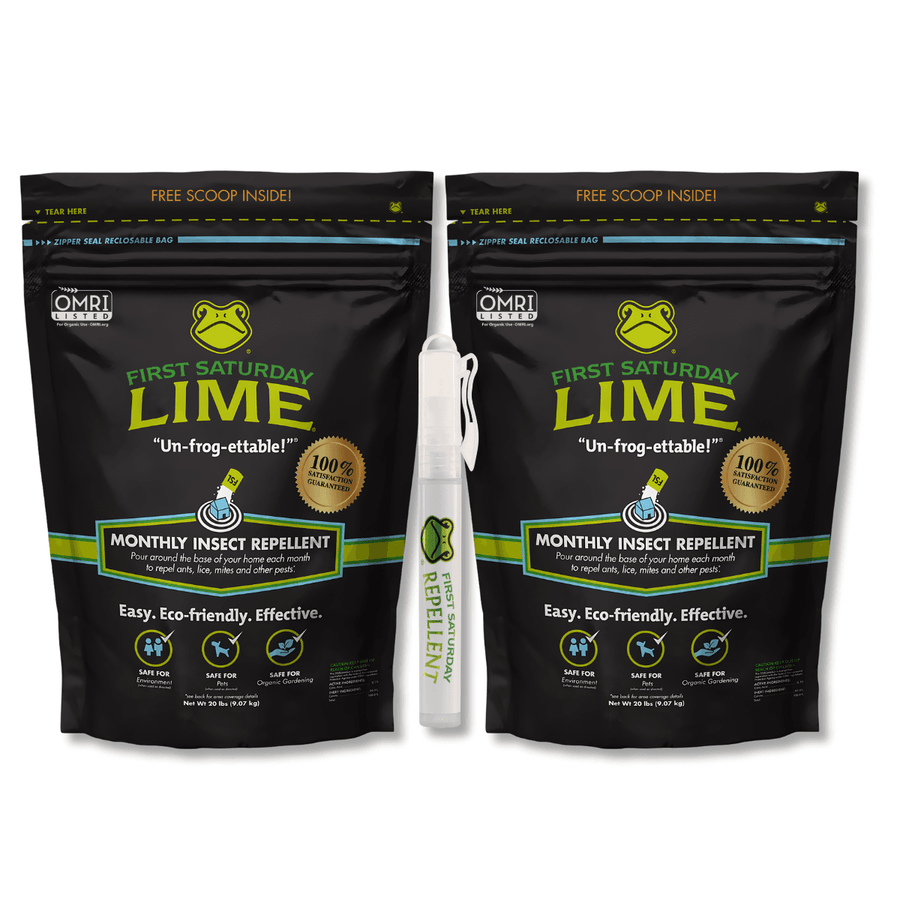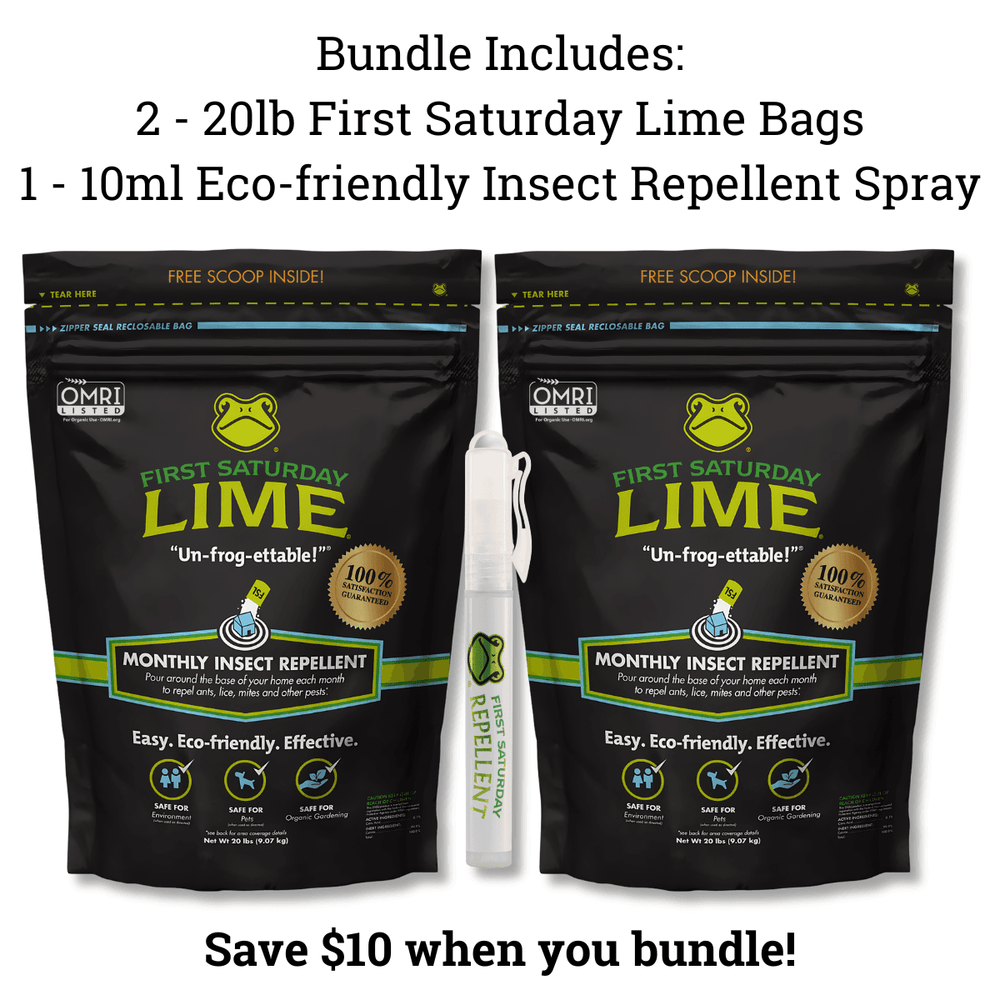Utilizing Beneficial Nematodes for Effective Pest Control
Please note: There are no returns on this live product.
These microscopic organisms destroy pests that live underground. They will seek out and destroy more than 230 different kinds of soil dwelling and wood boring insects, including Japanese beetles, cut worms, wire worms, weevils, white grubs, fungus gnat larvae, flea larvae, subterranean termites, and many more.
Beneficial Nematodes (BN) will attack over wintering adult insects, pupae, diapausing larvae, and grubs when they are in the soil, bark, or even ground litter.
- Each container includes seven million live beneficial nematodes
- Contains Steinernema feltiae. They are microscopic in size and cannot be seen with the naked eye.
- Controls more than 230 kinds of soil dwelling and wood boring pests, such as flea larvae, white grubs, cutworms, corn root worms, strawberry weevils, gypsy moth larvae, cabbage root maggots, fungus gnat larvae, and many more.
- Will cover up to 2,000 square feet, but faster results are obtained with higher concentrations.
What are Nematodes?
Nematodes, also known as insect-fatal nematodes, are non-segmented roundworms belonging to the Phylum Nematoda. These tiny organisms form symbiotic relationships with certain bacteria, primarily from the genera Xenorhabdus and Photorhabdus, which are lethal to insect pests. When released into the soil, beneficial nematodes seek out and infect their target pests, ultimately leading to their demise.
Nematodes are important in pest control, providing a natural and eco-friendly solution to pest problems. These tiny organisms thrive in healthy soil, where they hunt down and attack insect pests, getting rid of them safely without harming human health. Nematodes can find pests by sensing carbon dioxide, which helps them locate and attack pests where they live.
By incorporating nematodes into pest management strategies, growers and gardeners can reduce reliance on chemical pesticides while promoting soil health and ecosystem balance. This method not only solves the immediate pest issue but also helps sustain the environment and keeps both plants and people healthy in the long term.
Benefits of Beneficial Nematodes:
Effective Pest Control: Nematodes are very good at controlling many kinds of insect pests, like beetle larvae, caterpillars, grubs, weevils, and others. They attack pests in their juvenile stages, making them an invaluable tool for preventing infestations and minimizing crop damage.
Environmentally Friendly: Unlike chemical pesticides, nematodes pose no risk to humans, pets, or non-target organisms. They specifically target insect pests, leaving beneficial insects, earthworms, and other soil organisms unharmed. This makes them an eco-friendly alternative for pest control in organic farming and gardening practices.
Sustainable Solution: Nematodes have the ability to reproduce and persist in the soil, providing long-term pest control benefits. Once they're in place, nematodes keep looking for and attacking pests, which helps keep pest numbers low without needing to reapply them.
Application Methods:
Soil Drench: To put nematodes in soil, mix them with water as the instructions say, then use a watering can, sprayer, or irrigation system to wet the soil. This method ensures even distribution of nematodes throughout the soil, targeting pests in their natural habitat.
Foliar Spray: To control pests like caterpillars or leaf miners on plants, you can spray nematodes on the leaves. Mix the nematodes with water and a sticker agent to help them stick to plant leaves, then spray the solution on the plants that need it.
Injection: If pests like tree borers or vine weevils are only in certain spots, you can inject beneficial nematodes straight into the soil or plant tissues using special equipment. This method delivers nematodes directly to the pest's habitat, maximizing effectiveness.
Effectiveness of Beneficial Nematodes:
Targeted Pest Control: Nematodes are picky about their targets, meaning they only go after certain pests. There are different types of nematodes to tackle specific pests, so pest control can be precise without hurting helpful insects.
Versatility: Beneficial nematodes can be used in gardens, lawns, greenhouses, and farms because they work well in different places. They work with integrated pest management (IPM) and can be used with other methods like biological, cultural, and mechanical controls.
Seasonal Control: Beneficial nematodes are most active and effective when soil temperatures are between 55°F and 85°F (13°C to 29°C). Therefore, timing applications to coincide with peak pest activity and favorable soil temperatures maximizes their efficacy.
Beneficial nematodes are valuable allies in the fight against insect pests, offering effective, environmentally friendly, and sustainable pest control solutions. Whether used in gardens, lawns, or agricultural fields, these microscopic organisms provide targeted control of pests while preserving beneficial insects and soil health. By integrating beneficial nematodes into pest management practices, growers and gardeners can achieve effective pest control while minimizing reliance on chemical pesticides and promoting ecological balance in their ecosystems.
Use collapsible tabs for more detailed information that will help customers make a purchasing decision.
Ex: Shipping and return policies, size guides, and other common questions.
Affiliate Discretion
AZ Chickens participates in affiliate marketing programs. This means that we may earn a commission or receive compensation for recommendations made through our site.
It's important to note that using our affiliate links does not result in any additional cost to you. The priice of the product or servicve remains the same.
Our primary goal is to provide valuable and helpful content, products and services to our customers. Any earnings from affiliate links, or purchases help support our homestead.
















